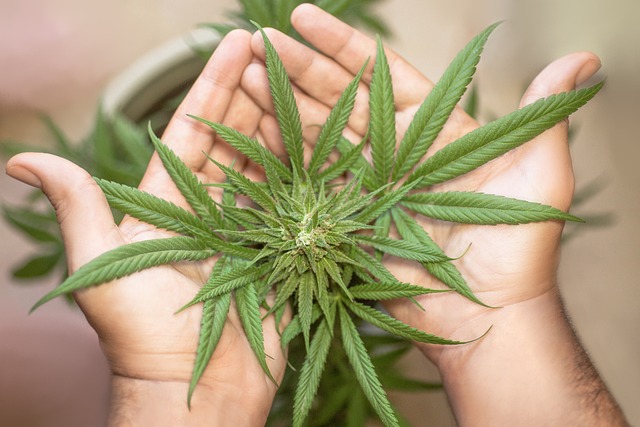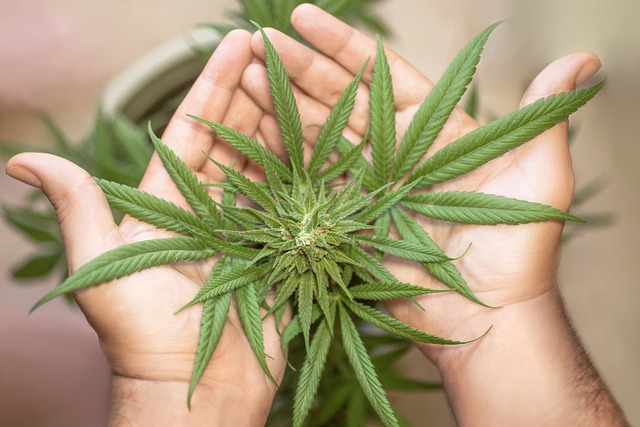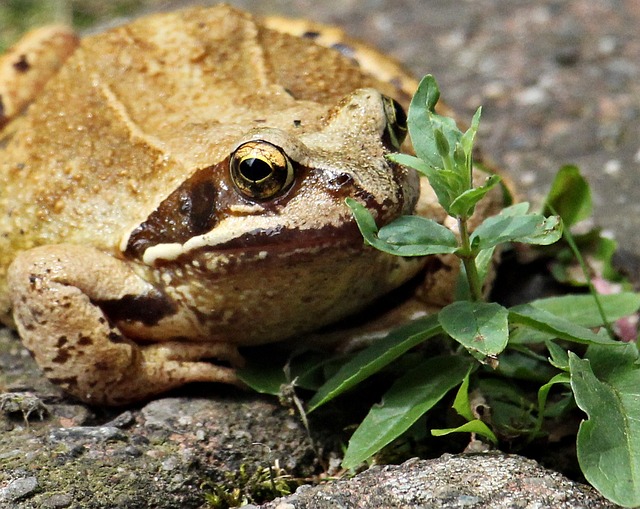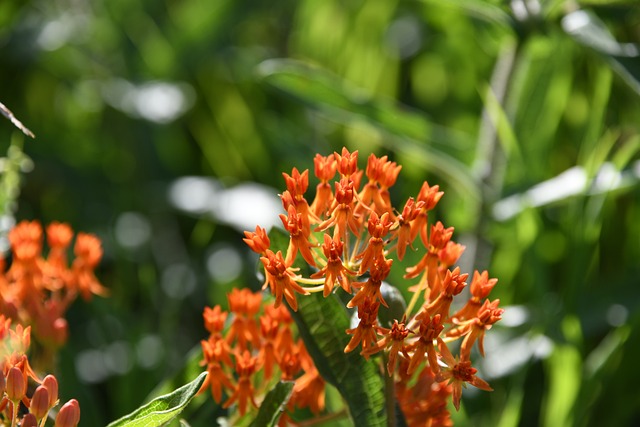2023 saw THCA (Tetrahydrocannabinolic Acid), a non-psychoactive cannabinoid, gain significant traction as a legal wellness component in Missouri, where it's permissible under state hemp regulations that align with the 2018 Farm Bill's 0.3% THC limit. Consumers must purchase or cultivate THCA flowers from licensed vendors and adhere to state standards to ensure compliance. As of the latest updates, Missourians can enjoy THCA flowers for their potential anti-inflammatory and therapeutic properties without the mind-altering effects associated with THC. The state's progressive policies have led to a proliferation of these products in retail outlets across Missouri, reflecting a growing trend towards cannabis wellness. For those interested in cultivating high-THCA hemp flowers, it's crucial to follow the Missouri Department of Agriculture's guidelines, including obtaining the right license, selecting appropriate strains, and maintaining optimal growing conditions to preserve the THCA content. Vigilance on legislative updates is essential as the legal landscape for THCA in Missouri is subject to change. Those interested in utilizing or growing THCA flowers should stay well-informed and consult official state resources or legal professionals for guidance. THCA's legal status in Missouri underscores its significance within the state's evolving cannabis industry, offering a safe, non-psychoactive alternative to traditional cannabis products.
Missouri’s evolving cannabis landscape has piqued the interest of both residents and enthusiasts alike, with THCA flowers emerging as a highlight. As these plant-derived compounds gain traction for their potential wellness benefits and distinct high, understanding the legal framework surrounding their use is paramount. This article delves into the intricacies of THCA flower cultivation, consumption, and regulation in the Show-Me State. From the nuances differentiating THCA from Delta-9 THC to the best practices for preserving their potency, we explore a comprehensive guide tailored for Missouri’s unique cannabis culture. Whether you’re a grower, consumer, or simply curious about the legal status of THCA in Missouri, this piece offers valuable insights to navigate this burgeoning market responsibly and effectively.
- THCA Flower Tips for Missouri Residents: Understanding the Legal Landscape
- The Rise of THCA Flowers: A New High in Missouri
- THCA vs. Delta-9 THC: What You Need to Know
- Cultivating THCA-Rich Flowers: Steps for Missouri Growers
THCA Flower Tips for Missouri Residents: Understanding the Legal Landscape

Navigating the legality of THCA flower possession and use in Missouri requires a clear understanding of state laws, as they are subject to change and interpretation. As of the latest updates, THCA, or Tetrahydrocannabinolic Acid, is considered a legal hemp derivative under Missouri’s hemp program, provided it contains no more than 0.3% THC on a dry weight basis, aligning with the 2018 Farm Bill guidelines. Missouri residents interested in purchasing or cultivating THCA flowers should prioritize sourcing from reputable vendors that comply with state regulations, ensuring that their products are within the legal limits set forth by law. It’s crucial for consumers to stay informed about any legislative shifts, as this can affect the legality of THCA flower possession and use in the state. For those looking to legally enjoy THCA flowers in Missouri, adherence to the established guidelines is paramount, and it’s advisable to consult with local legal counsel or refer to official state documentation for the most current regulations.
The Rise of THCA Flowers: A New High in Missouri

2023 has seen a significant surge in the popularity of THCA (Tetrahydrocannabinolic Acid) flowers among consumers in Missouri, where their legal status has opened new avenues for cannabis enthusiasts. Unlike its psychoactive counterpart THC (Tetrahydrocannabinol), THCA is non-psychoactive, offering a unique experience that caters to those seeking the potential wellness effects of cannabinoids without the traditional “high.” Missouri’s progressive stance on THCA legality has paved the way for these flowers to become a staple in many consumers’ routines, as they are often associated with a range of health benefits and are considered a safer alternative for those sensitive to THC’s effects.
The rise of THCA flowers in Missouri can be attributed to their versatile use and the growing body of anecdotal evidence supporting their therapeutic properties. Consumers are increasingly turning to these flowers for their potential anti-inflammatory, pain-relieving, and mood-enhancing effects. Retailers across the state have responded to this demand by expanding their inventory to include a variety of THCA flower strains, ensuring that Missouri residents have access to a product that aligns with their wellness goals. The market’s expansion and consumer interest suggest that THCA flowers are here to stay, marking an exciting new chapter in the state’s approach to cannabis products.
THCA vs. Delta-9 THC: What You Need to Know

THCA, or Tetrahydrocannabinolic Acid, is a cannabinoid found in raw or uncured cannabis plants that has garnered attention for its potential wellness benefits. Unlike its psychoactive counterpart, Delta-9 THC, THCA exists naturally in the cannabis plant and does not produce the ‘high’ typically associated with cannabis use. In Missouri, where certain forms of cannabis are legal, THCA is gaining recognition for its therapeutic properties without the psychoactive effects that Delta-9 THC delivers. Research suggests that THCA may offer anti-inflammatory and neuroprotectant effects, making it a subject of interest for those seeking the health benefits of cannabis without impairment.
The conversion of THCA to Delta-9 THC occurs upon heating or decarboxylation, a process that typically happens when cannabis is smoked or vaporized. This transformation alters the compound’s effects and interactions with the body’s endocannabinoid system. In Missouri’s legal cannabis market, products rich in THCA are being explored for their potential benefits, particularly in topicals and other non-combustible forms. Consumers are encouraged to understand the differences between THCA and Delta-9 THC to make informed choices based on their wellness goals and legal considerations within the state’s regulatory framework. Whether for recreational or therapeutic use, knowing the nuances of these compounds is crucial for anyone navigating Missouri’s evolving cannabis landscape.
Cultivating THCA-Rich Flowers: Steps for Missouri Growers

Cultivating THCA-rich flowers requires careful adherence to local regulations and optimal growing conditions. In Missouri, where THCA is legal provided it contains less than 0.3% delta-9-tetrahydrocannabinol (THC), growers can legally cultivate hemp strains that are high in THCA. To begin, Missouri growers must acquire a license from the Missouri Department of Agriculture, adhering to the state’s industrial hemp program. Once licensed, selecting the right strain is crucial; opt for those known to produce high levels of THCA.
Preparation of the growing site is key. Ensure the soil pH is between 6.0 and 7.5, as THCA plants thrive in slightly acidic to neutral conditions. Spacing plants appropriately, with about 4 to 8 feet between each, allows for adequate air circulation and light penetration, reducing the risk of molds and diseases. Consistent temperatures between 70 and 85 degrees Fahrenheit are ideal, with a decrease to 60 degrees at night. Regular watering, ensuring the soil remains moist but not waterlogged, supports healthy growth. Monitoring for pests and diseases regularly, using organic pesticides if necessary, will protect your crop. Harvest time typically arrives when trichomes on the flower tips become cloudy, indicating peak THCA concentration. Proper handling and drying are essential post-harvest to preserve the THCA content, ensuring a successful yield of THCA-rich flowers in compliance with Missouri’s legal framework.
Missouri’s journey with THCA flowers has blossomed, carving out a distinct place within the evolving landscape of cannabis use. As residents explore the therapeutic and recreational potential of THCA, understanding its distinctions from Delta-9 THC becomes crucial for a safe and informed experience. This article has delved into the legalities surrounding THCA in Missouri, highlighted its ascendancy in popularity, and provided cultivation insights for those interested in growing their own THCA-rich blooms. As THCA continues to gain prominence, adhering to local regulations remains essential for ensuring a responsible approach to its use and production. With this knowledge at hand, Missourians can confidently navigate the world of THCA flowers, embracing the potential they offer within the boundaries set by state law.
